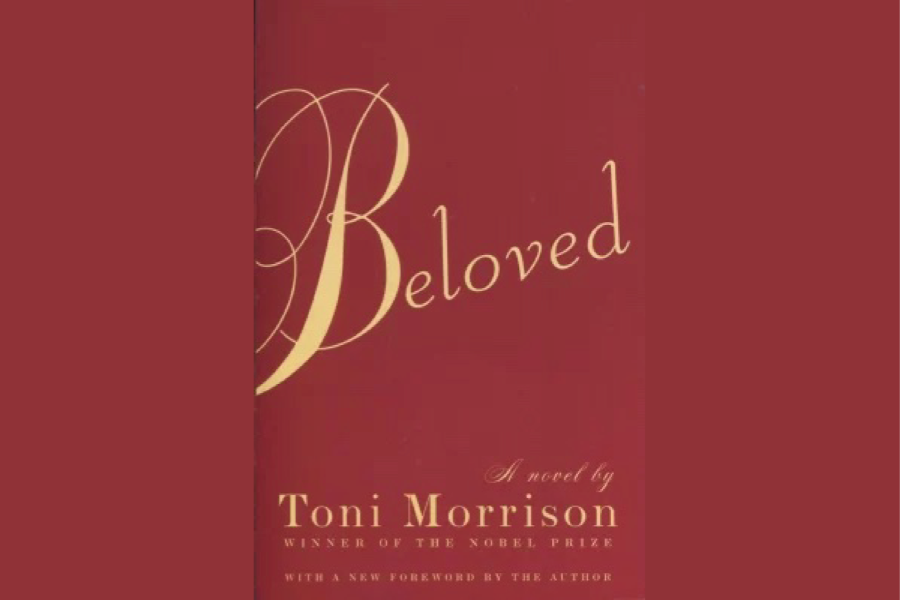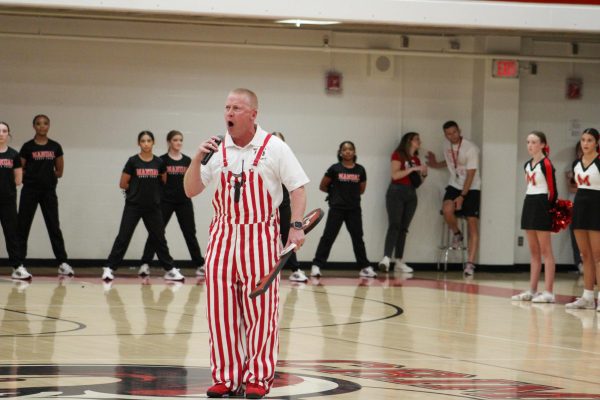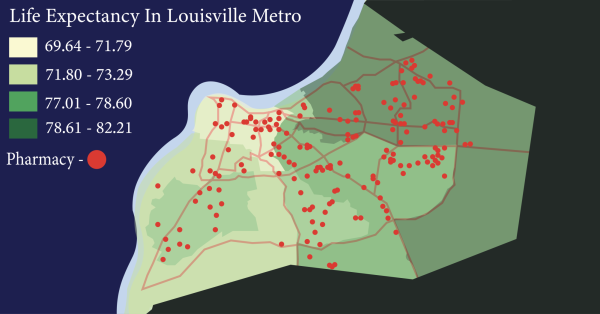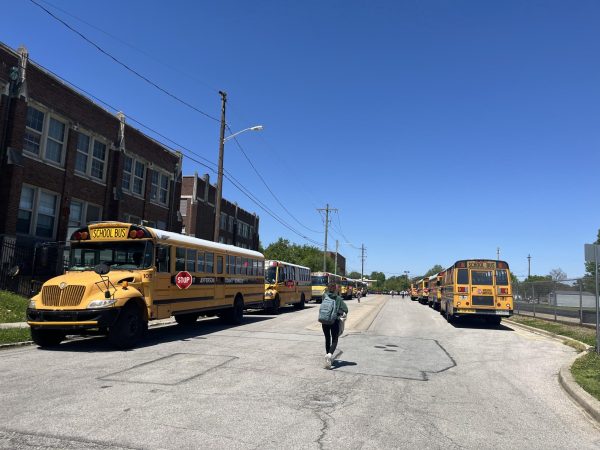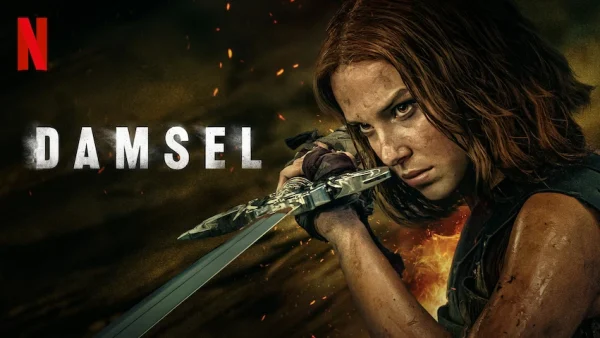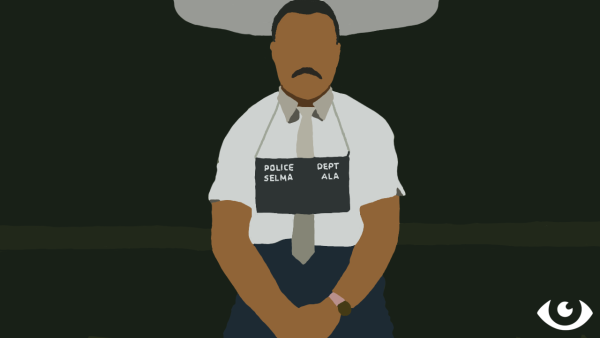BHM REVIEW: Beloved by Tori Morrison personifies anguish and hope
The cover of beloved, a story about slavery, hope, and trauma, and how the past bleeds on the present.
February 7, 2022
What can drive a mother to kill her child out of love? That question forms the basis of Toni Morrison’s Beloved. Beloved is a highly emotional story of a broken family, a restless ghost and how trauma echoes through time, starting in a lonely haunted house soon after the Civil War. It manages to address the horrible nature of slavery without drifting into misery. It takes a shot at truly portraying how treating humans as lesser, as animals, actually affects and changes them.
Reading Beloved is a unique feeling. Narration swaps often. We jump around in time often. We swap between literal and figurative language, and some scenes are not clearly defined as either real or imagined. Everything reads like a memory, in places clear and defined, in others more hazy and general. It is somewhat confusing, but that’s a deliberate choice by the author. Making the story the right amount of confusing can inspire the reader to think about the story more and interact with it more closely. Maybe the reader might even learn a bit about the consequences of the past in terms that seem more real and personal than the abstract factoids about the number of people enslaved and killed by seeing through the eyes of a few broken people trying to recover from eradication of their personhood.
Beloved is not simply a dark book about trauma and loss, though– a story that is only depressing isn’t very fun to read. We see hope, even in the darkest hours. We see humans that have been dehumanized, beaten, scarred, raped, sold and used, but we also see them fighting to be good people as best they can. We see them still trying to heal their broken hearts and stunted lives. There is an admirable determination present throughout. There are moments of genuine happiness as well– early in the novel, the main characters visit a carnival; they watch shows, buy treats, and actually have fun. It’s cathartic.
But you know the premise of the book. You know what kind of horrors we will be witnessing in the best clarity words can convey, and it does not disappoint. At every turn, Toni Morrison’s descriptions are poignant and elegant, even as the characters go through hell. Morrison’s book is not misery porn, but it makes no effort to disguise the horrors of slavery either. We are shown the scars that form a tree on Sethe’s back, puffed up from being lashed over and over while the wounds were still fresh. We’re shown the rusted tin in place of Paul’s heart. We’re shown a hundred other terrors described eloquently, in such terms that it hammers home the point: they were not just statistics.
Yes, there were millions of people enslaved. Yes, they were routinely beaten and often raped. Saying those words is not the same thing as understanding them. The idea that it happened is so far removed from the actual human cost. That is the gap Beloved wants to bridge. We hear that children were sold. We are not told what that did to those mothers and children. How depriving a mother of her child she birthed and loved tears at her soul, such that Baby Suggs said she had to stop loving her children. How the lack of reliable connection to any parental figure hurt enslaved children, knowing they or their family could be sold away at any time.
Hearing these words is not the same as understanding getting raped and walking miles alone and pregnant, half dead from exhaustion, knowing you’re being hunted because you tried to be a free human being. It is not the same as deciding to kill your infant child because you know what slavery does to a person, the irreparable scars and injustices it perpetrates, and that your child will likely be sold down the river and away, too young for you to raise them and for them to remember you, to live their life far from their real family and treated like cattle to be used for work, for milk, until the day they die, to be listed as a property loss and buried unceremoniously, immediately replaced by the next able body.
Beloved is a book I heartily recommend every American at least give a chance. I know that for me, it gave me a better understanding of how the past bleeds onto the present, and trauma can outlive its victims. It is one of the first stories about slavery in a long time that hit home with me, because it doesn’t play it safe. It shows you the bloody and torturous pain of the past, and why it still matters. Slavery is over, but as the book shows, the whispered memories of so many people who lived and died treated like animals do not disappear so quickly.
Featured image used under Fair Use for the purposes of review.


